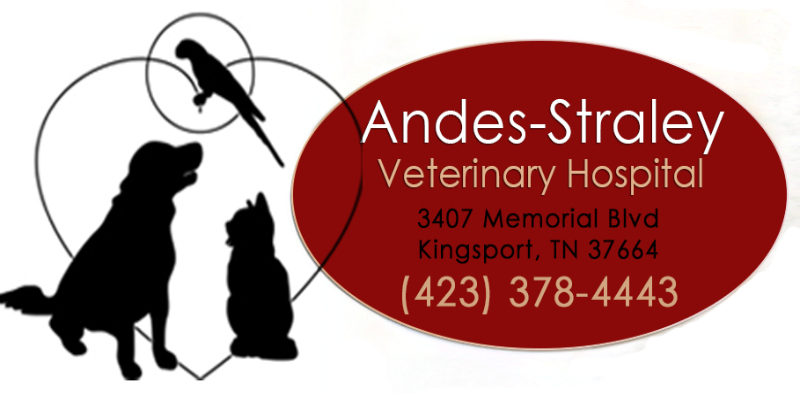Rescuing an Injured Wild Animal: Think Twice
It is only natural to want to help when you discover a wild animal in distress. However, be aware that there are times when you may be doing more harm than good. What may be confused for injury or abandonment can actually be a defense mechanism used by the animal for survival. So make sure you observe the situation and think twice before rescuing an injured wild animal.
A Good Actor
Some animals will pretend to be injured as a strategy to lure predators away from a nearby nest. These distraction displays can be observed most commonly in bird species. The bird may hop about appearing to have a broken wing or pretend it is unable to fly. These behaviors are used as an attention-getting strategy when other animals come too close to babies.
Playing Possum
Opossums and some snake species have been known to play dead when they perceive danger. Known as tonic immobility, the animal’s heart rate and breathing drop as they fall into a lifeless state. Watching the animal from a distance will help you to determine if it is truly injured and in need of care.
Mother is Nearby
Mother rabbits will spend most of their time away from the babies in order to avoid attracting predators to the nest. Young deer, called fawns, will lay still in the grass while their mother is off feeding, and may appear abandoned. A mother deer, known as a doe, may leave a fawn for as long as 10 hours at a time. Return to the spot where you encountered the animal the next day before possibly taking it from its parent.
When It’s Right For Rescuing an Injured Wild Animal
Understanding animal behavior is important when deciding whether an animal is in need of human intervention. In general, it is best to observe from a distance before attempting rescuing an injured wild animal. Once you determine that the animal is truly injured and in need of care, here are a few tips to assist you with the proper way to handle and transport an injured animal. Our veterinarians are highly skilled in medical treatment and care of injured wildlife until they can be returned to the wild. Visit our website page about our wildlife rehabilitation services to learn more or contact us with any questions or concerns.



